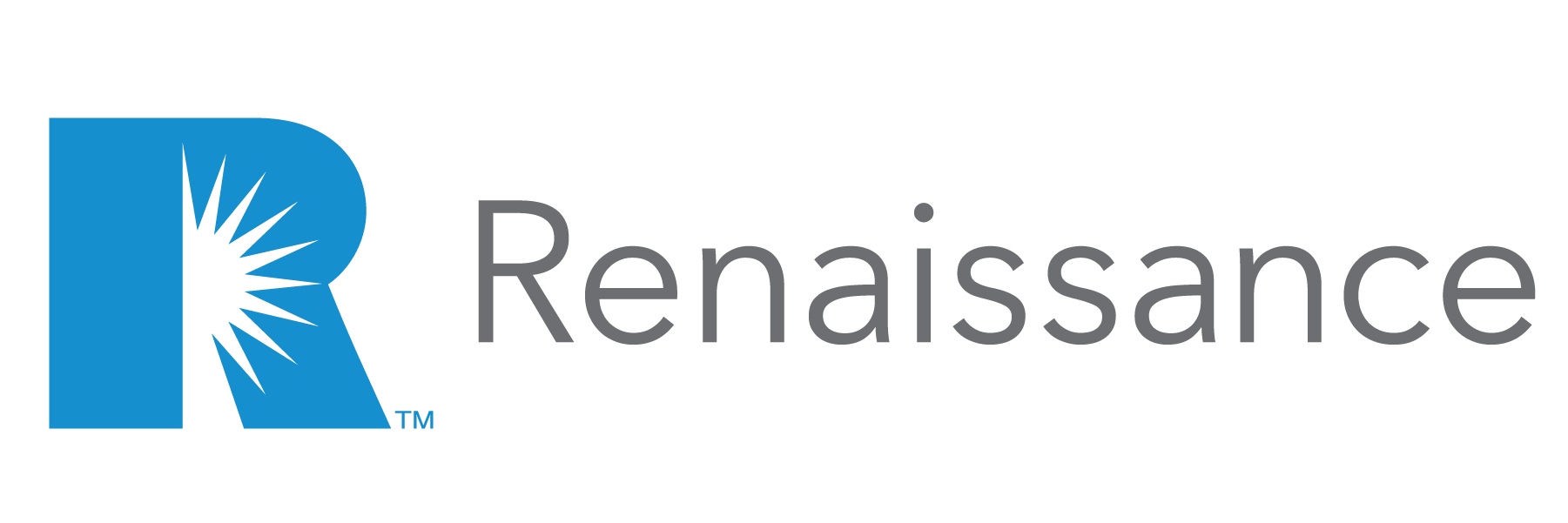Strategies for New England agents seeking to better manage relationships with clients and carriers in the current hard market.
Key takeaways:
- Conduct monthly, 30-minute, agenda-driven discussions to review the carrier’s goals, objectives and appetite.
- Build mutually beneficial strategies with your carrier partners, aligning your agency’s strengths and opportunities with your carrier’s goals.
- Educate your staff on the reasons behind your carriers’ actions, and empower them to speak authoritatively to clients about policy changes.
By David Dawson
As hard-market conditions continue to drive rate increases, independent agents face two challenges: explaining policy changes to their clients while continuing to nurture relationships with their carrier partners.
Simultaneously accomplishing these tasks comes down to managing expectations on both sides of the policy. The onus is on the agent to educate clients about evolving market conditions while maintaining a clear understanding of their carriers’ needs as insurers strive to achieve rate adequacy and, in some cases, a return to profitability.
With this in mind, here are five strategies for managing fruitful relationships with both your clients and your carriers in the current market climate.
1. Continue to build proactive partnerships with your carriers.
- Maintain a monthly (or at the very least, quarterly) cadence of communication with your carrier contacts, including marketing reps, underwriters, and regional or (optimally) executive-level management.
- Conduct 30-minute, agenda-driven discussions to review the carrier’s goals, objectives and appetite.
- If your agency has the bandwidth, consider delegating some of this responsibility to the personal lines or commercial lines manager/supervisor.
On the carrier side, where “profitable growth” is the key directive, your partners’ risk appetites can be extremely fluid – especially when it comes to personal lines. It’s critical to keep your carrier relationships close, and the lines of communication open.

2. Build mutually beneficial strategies with your carrier partners, aligning your agency’s strengths and opportunities with your carrier’s goals. Be sure to understand each carrier’s pain points, appetite, growth objectives, and your own agency’s historical production and profitability with each of your carriers by line of business.
Agents are aware that in the current environment, carriers are actively looking to close select agency codes due to the agency’s lack of profitability and/or lack of premium growth aligned with the carrier’s current targets. While some of this is out of the agency’s control, regular communication with your carrier partners is key to understanding each company’s appetite and gaining a more informed perspective on which risks or classes of business might be most appropriate.
3. Be transparent with your carrier about your customers’ needs while taking into account the insurer’s business goals. Consistently balance the equation between servicing and retaining certain customers and your carriers’ profitability considerations. Insurers will likely have more flexibility to work with you on commercial lines accounts than they would in personal lines.
4. Educate your staff on the reasons behind your carriers’ actions, empowering them to speak authoritatively to clients about policy changes.
Every one of your producers, account executives, and customer service reps should understand the forces affecting the P&C market and the reasons for various carrier actions affecting your clients, including changes in risk appetite, premium increases at renewal, non-renewals, larger deductibles, and other factors impacting your customers. Equip your agency staff with talking points to help put those policy changes in perspective for your customers.
For example, clients should know that if they’re facing a 15% premium increase (and/or a higher deductible) on their coastal property, that action may be appropriate in the context of current market conditions. Truth be told, for property along the New England coastline, those increases can be much higher – with coverage difficult to place or renew, in some cases.
Personal lines customers should also be advised that carriers are less interested in mono-line business. Personal lines carriers are looking for rounded accounts, with home, auto, and – ideally – umbrella included. Whenever possible, direct the conversation toward discounts that can be achieved through bundling.
5. Lean into your agency’s value proposition with customers and carriers alike. Ask yourself: What is the unique value proposition that your agency offers to your customers and your carrier partners? Clearly define what makes you a valued partner to both your customers and your carriers. Articulate and share that vision with your staff to help them deliver on both fronts.
For customers, this may include best-in-class customer service, risk management, specialties in key lines of niche business, or even the support of community-based charitable causes. For carriers, it should be your ability to offer new business opportunities and production aligned with their goals and objectives, delivering solid risks, and maintaining a strong track record on renewals and retention.
When considering the prevailing market conditions, it’s not surprising that insurers would adopt a conservative approach to underwriting and risk selection. Yet that is a story that must be framed for your clients in order for them to understand why they’re asked to pay more for their insurance policies.
Your ability to preserve the business you write with your carrier partners depends greatly on how closely you cultivate relationships with them – and the relationships you maintain with your clients are of equal value. On both sides, transparency is the key to forging bonds that will outlast the current market conditions.
David Dawson is Regional Executive Vice President, New England, for Renaissance.






